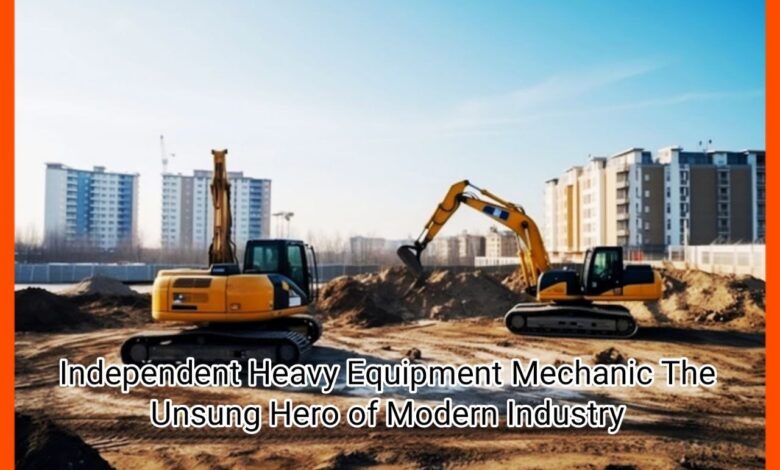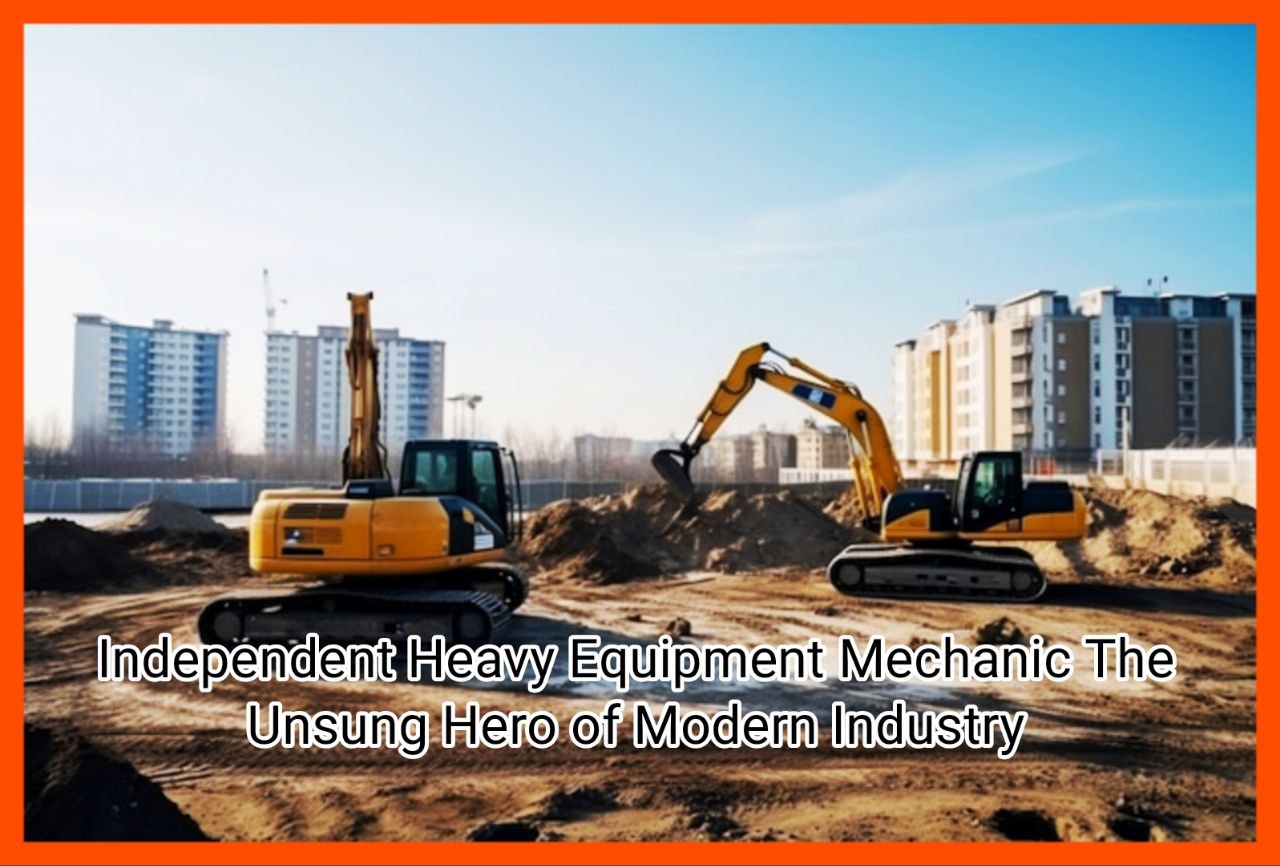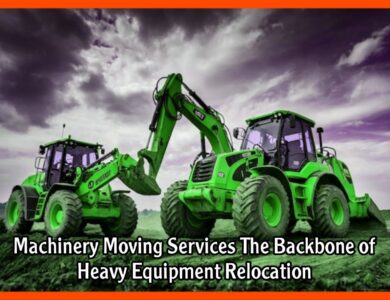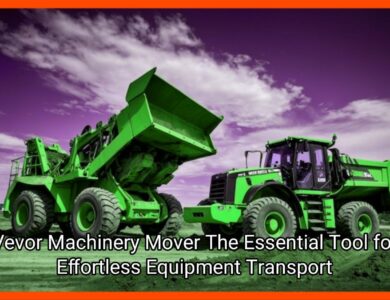Independent Heavy Equipment Mechanic The Unsung Hero of Modern Industry
Independent Heavy Equipment Mechanic The Unsung Hero of Modern Industry

Independent Heavy Equipment Mechanic The Unsung Hero of Modern Industry
Heavy equipment keeps the world running—whether it’s bulldozers sculpting landscapes, cranes erecting skyscrapers, or excavators powering through construction sites. But when these machines break down, who comes to the rescue? Enter the Independent Heavy Equipment Mechanic—an agile, self-reliant professional who thrives in the world of grease, gears, and grit.

Who is an Independent Heavy Equipment Mechanic?
An independent heavy equipment mechanic is a skilled technician who works for themselves, providing specialized repair and maintenance services for machinery used in:
- Construction
- Mining
- Agriculture
- Transportation
- Logistics
These mechanics are the renegades of their field—mobile, resourceful, and ready to get their hands dirty, sometimes literally in the middle of nowhere.
Why Choose an Independent Mechanic Over a Service Center?
Going independent offers flexibility and often a higher level of service compared to large repair shops. Here’s why:
- Personalized Attention: Independent mechanics typically form close relationships with clients, offering custom solutions.
- Quick Turnaround: No waiting in long service center queues; indies can often prioritize your job quickly.
- Cost-Effective: Without the overhead of a big business, they often charge more reasonable rates.
- On-Site Repairs: Many independent mechanics travel to where the machinery is, saving time and logistical headaches.
“Machines don’t wait to break down when it’s convenient. That’s why mobile mechanics are crucial to keeping projects moving.”
Essential Tools of the Trade
An independent mechanic doesn’t travel light. They need a well-equipped truck or van packed with essentials like:
- Diagnostic Tools: Modern engines need modern diagnostics.
- Hydraulic Jacks: Lifting massive machines? No problem.
- Welding Equipment: Sometimes, a torch and metal are the only answers.
- Spare Parts Kit: Hoses, belts, gaskets—everything for emergency repairs.
Qualifications and Skills
Being an independent heavy equipment mechanic isn’t just about elbow grease. It requires:
- Technical Certifications: From ASE to OSHA safety credentials.
- Problem-Solving Skills: Every breakdown is a unique puzzle.
- Business Savvy: Managing schedules, clients, and finances.
- Physical Stamina: It’s a job that often requires heavy lifting and working outdoors.
Independence
If you’re thinking about breaking free from the confines of a repair shop, here’s a roadmap to becoming an independent mechanic:
- Gain Experience: Work under seasoned mechanics for 3-5 years.
- Get Certified: Specialized training boosts credibility.
- Invest in Tools: Quality tools = quality work.
- Build a Reputation: Word-of-mouth and social media go a long way.
- Set Up Your Business: Licenses, insurance, and a marketing plan.



